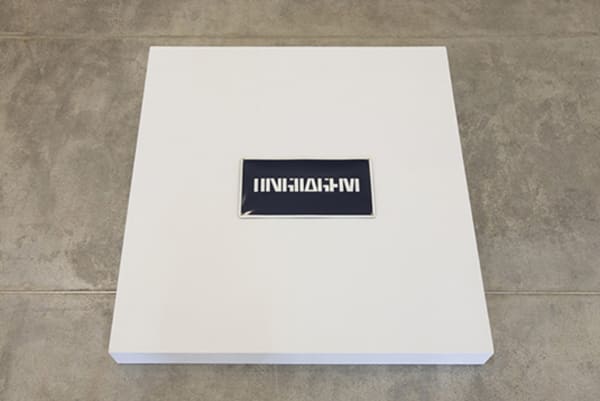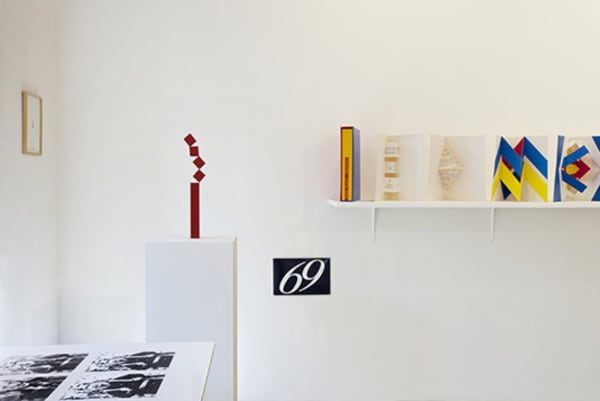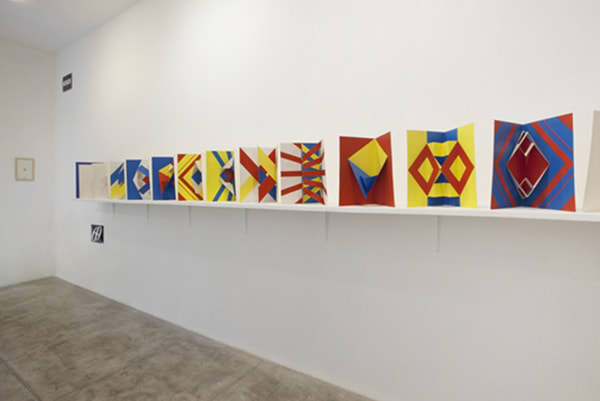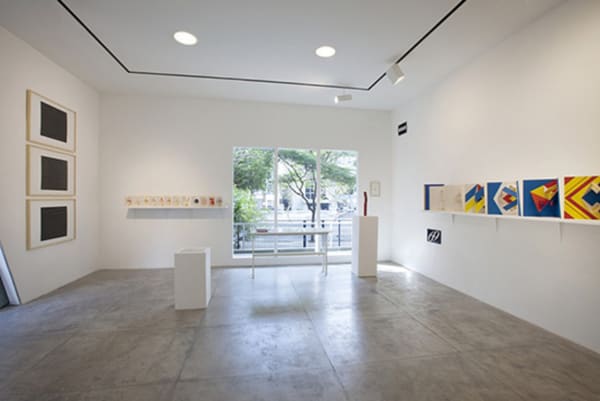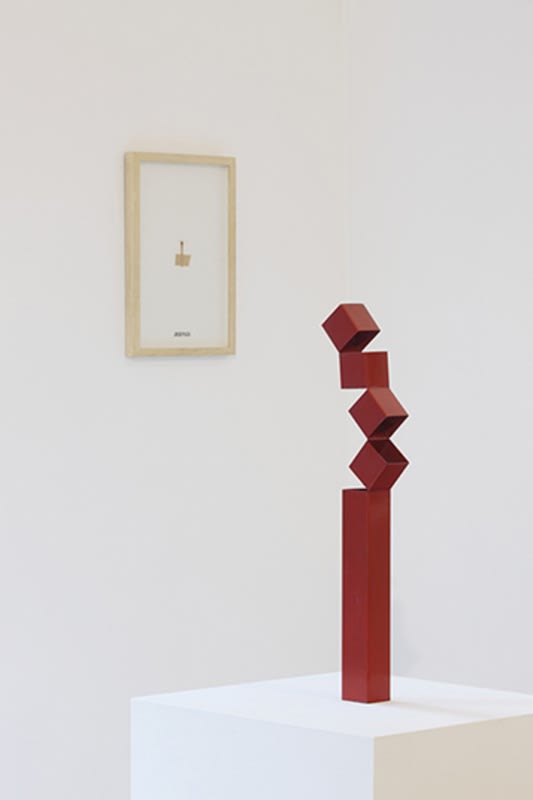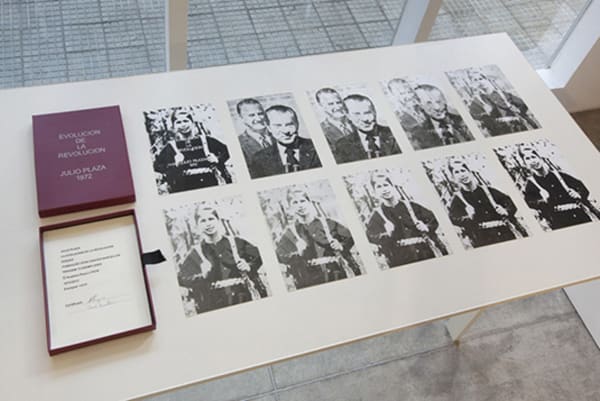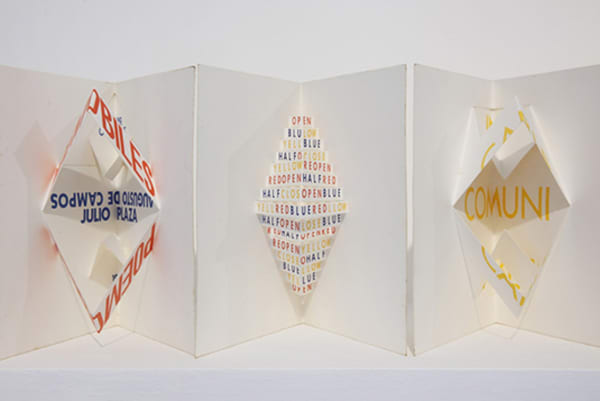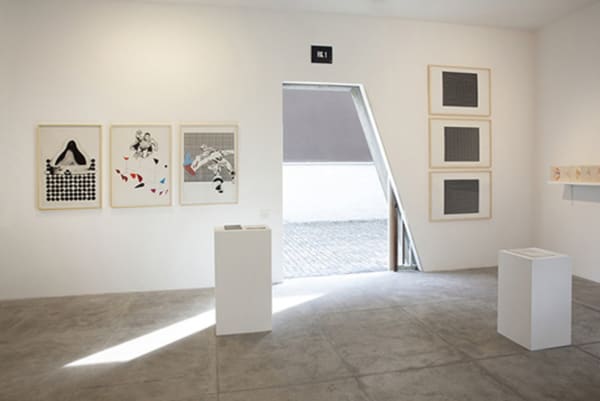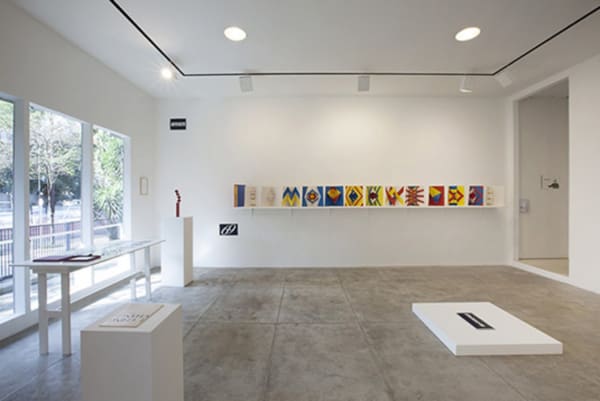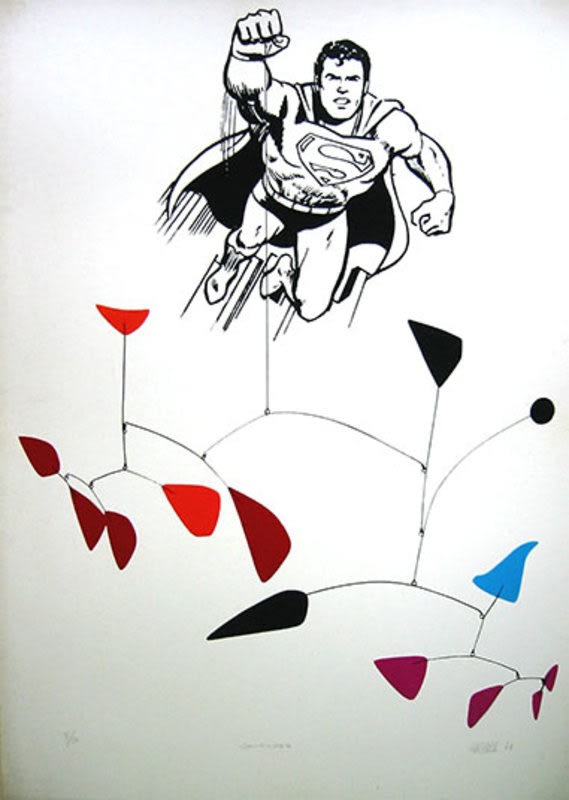JULIO PLAZA
Opening:
30.08.2014
Org. by Inês Raphaelian and Vera Chaves Barcellos
Julio Plaza (Madrid, 1938 - São Paulo, 2003)
Julio Plaza is an artist that linked his production to research and reflection. His work questions means, the process, the production, the business, the authorship, the criticism, the institution and everything that involves art and culture in the context in which it is made.
Landed in Brazil for the first time in 1967, for the X Bienal de São Paulo and remained in Rio de Janeiro until 1969, in ESDI. The first contact that Julio Plaza had in Brazil was with the concrete poets: Haroldo de Campo, Décio Pignatari and Augusto de Campos, who he developed the artist book Poemóbiles, Caixa Preta and Re-Duchamp.
He also organized various exhibitions such as: Mail Art da XVI Bienal Internacional de SP in 1973; Arte pelo Telefone: Videotexto, MIS and XVII Bienal, 1982, SP; Holography exhibition - Mostra Arte e Tecnologia, MAC USP; Triluz, 1986, MIS and Idehologia, 1987, MAC USP.
In the late 80s, Julio devoted himself to theoretical publications: Videografia em Videotexto, Tradução Intersemiótica, A Imagem Digital: Crise dos Sistemas de Representação e Os Processos Critativos com os Meios Eletrônicos: Poéticas Digitais, with Mônica Tavares.
Being a radical creator, his research had a strong conceptual connotation and with a semiotic approach to art, an artist of ideas that left his mark with his body of work, in his investigation in the art and technology field, and in generations of artists that he influenced through learning activities at Aster, ECA-USP, FAAP, PUC-SP, and UNICAMP.

